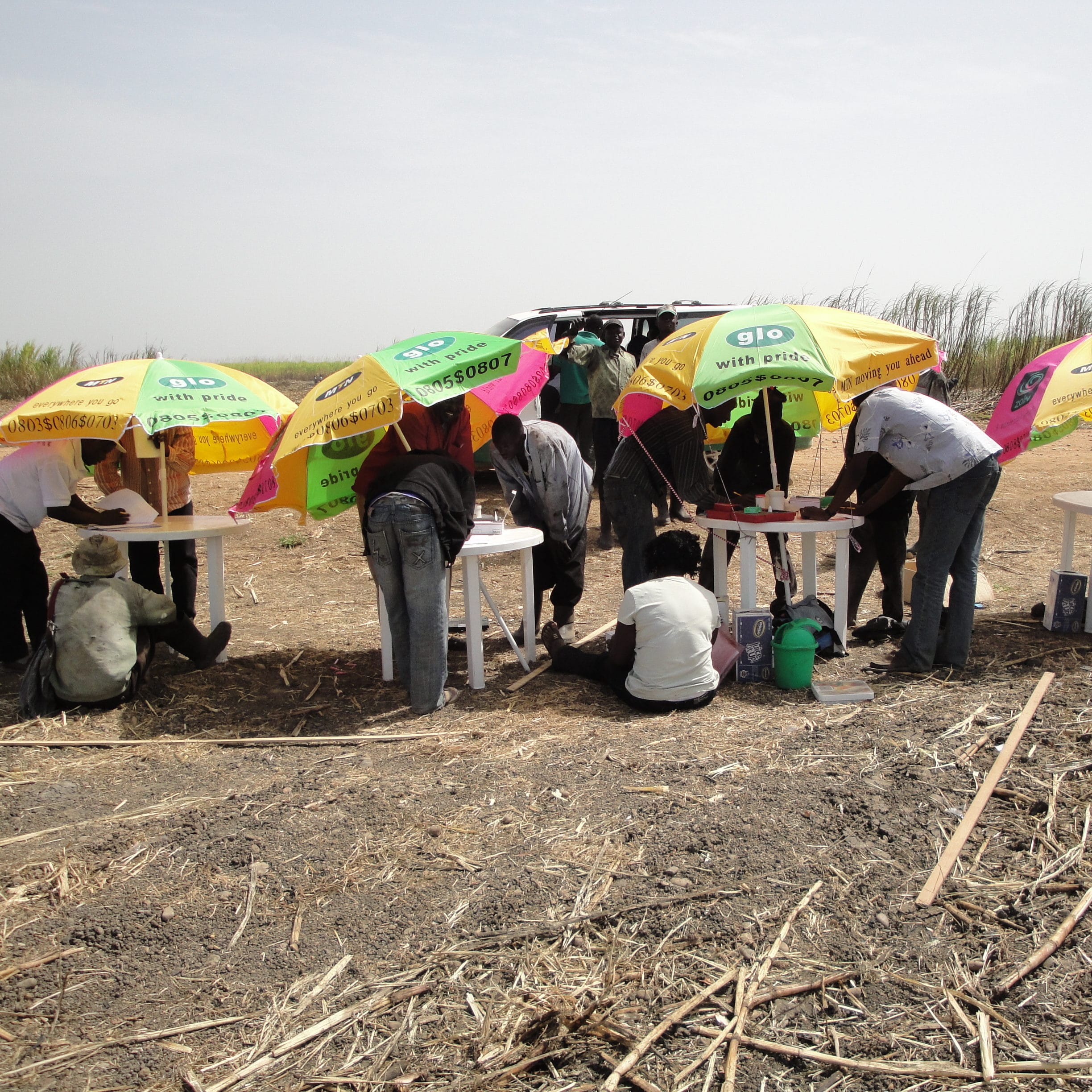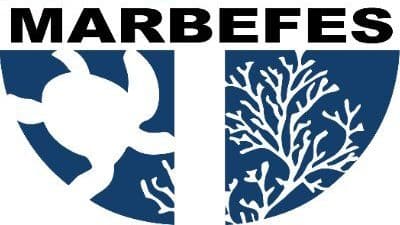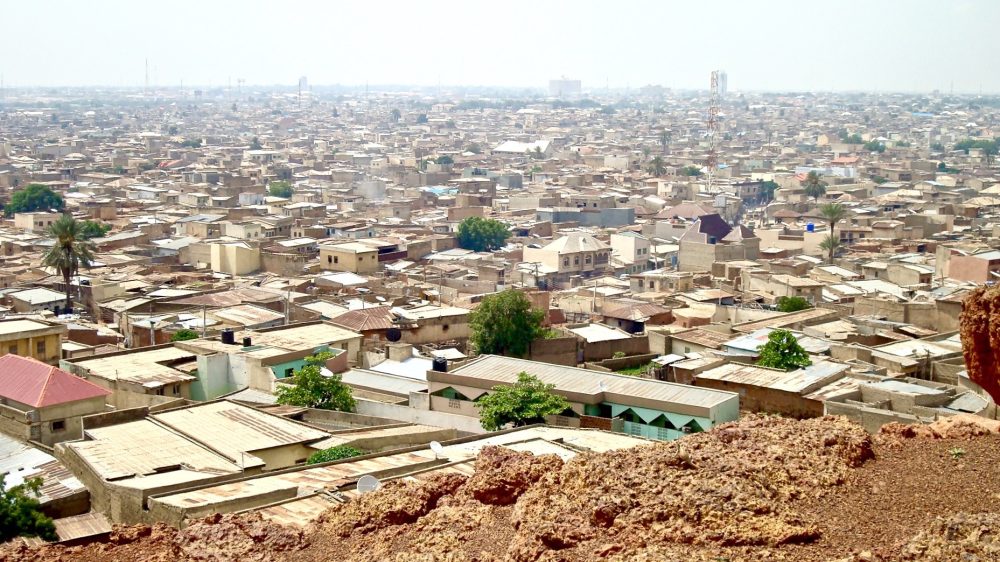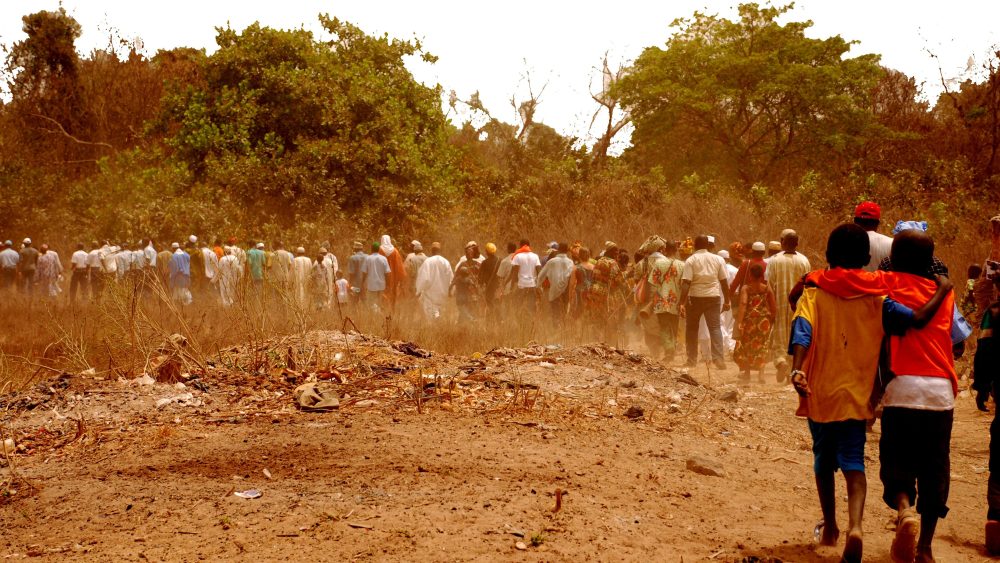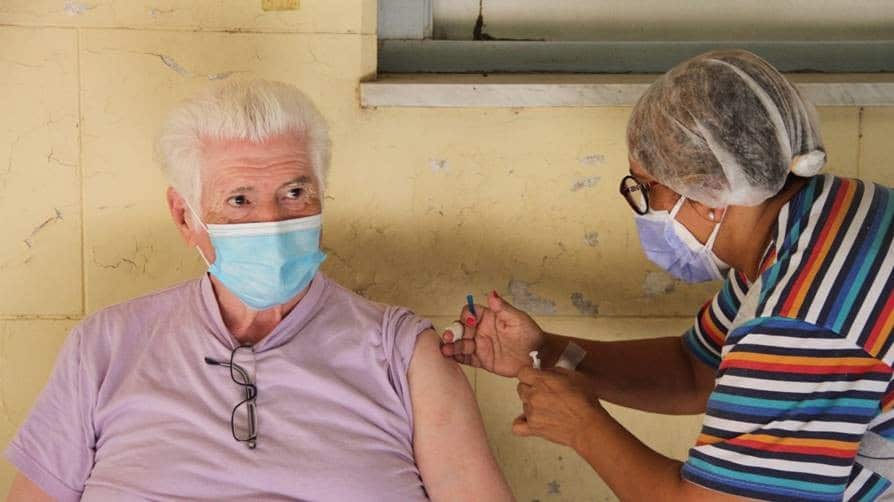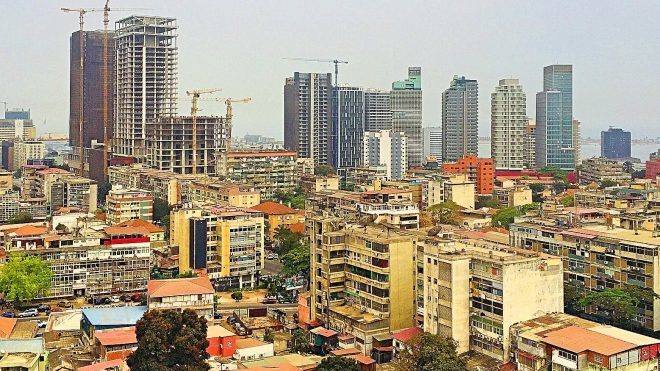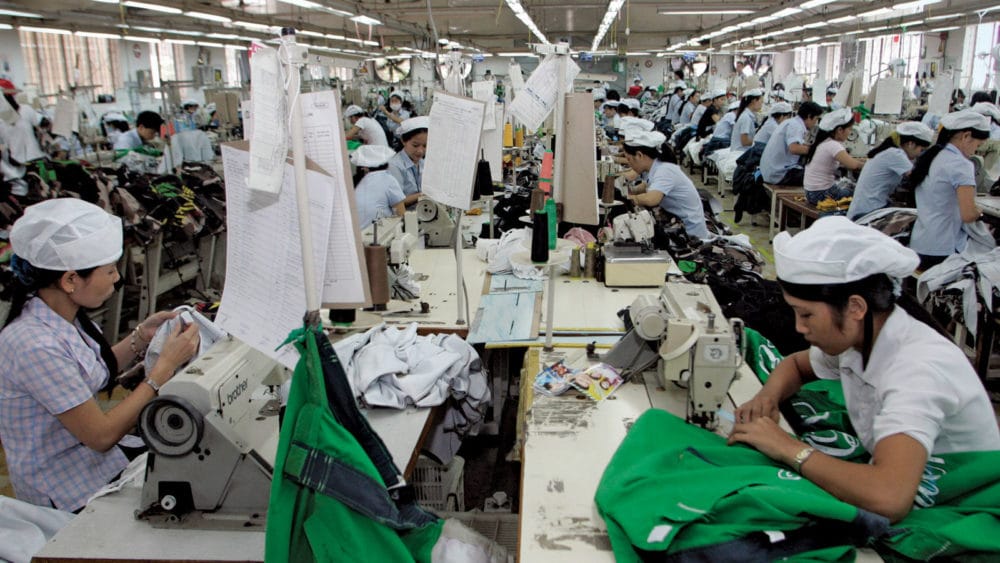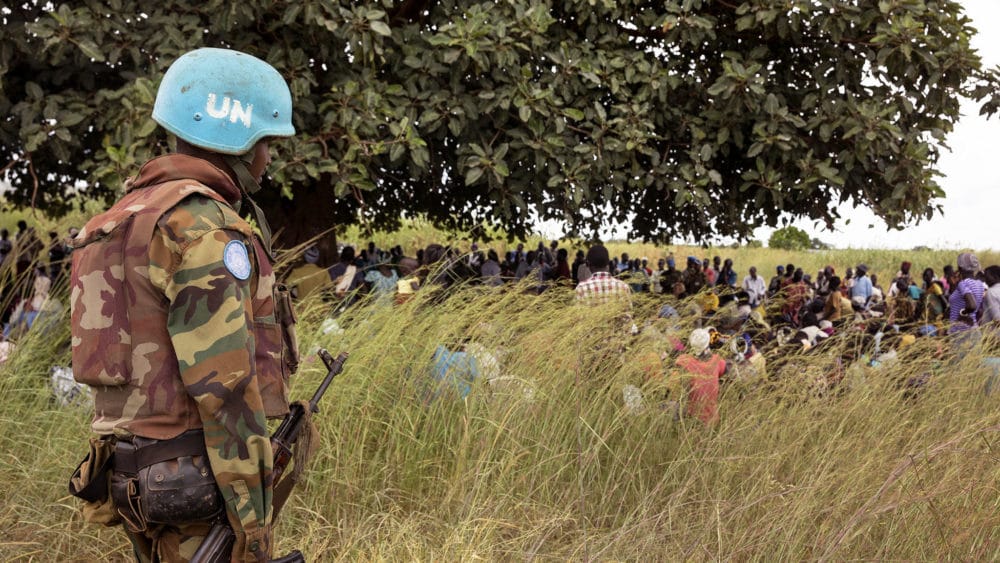Agricultural and other physically demanding sectors are important sources of growth in developing countries but prevalent diseases such as malaria can adversely impact the productivity and labour supply of workers. We estimate the impact of malaria infection on worker earnings, labour supply, daily productivity, and task selection by using a phased-in design where we randomise the study week in which piece-rate workers at a large sugarcane plantation in Nigeria are offered malaria testing and treatment. Two estimation strategies indicate a significant and substantial intent to treat effect of the intervention. The program increases worker weekly earnings by 11 to 13 percent over the weeks following the offer, depending on the reference period, using a between-worker estimator that exploits the experimental design. A within-worker estimate provides similar but smaller estimates of 8 to 10 percent. We identify different pathways through which this effect occurs. For workers who test positive for malaria, the treatment of illness principally increases labor supply, leading to higher earnings. For workers who test negative, the health information leads to increased earnings via augmented daily productivity. This productivity response arises, in part, from selection into higher return tasks within their job at the plantation. The results underline the importance of medical treatment but also of improved access to information about one’s health status, as the absence of either leads workers to work less or choose
Follow up work shows that measured physical activity can be a good direct measure of effort and productivity. First, we evaluate the association of agricultural workers’ physical activity with their daily productivity, which is directly observed from company personnel piece-rate payment records, and find a positive correlation. Second, we estimate the impact of a health intervention that provides malaria testing and treatment on physical activity and productivity. The results indicate that the increased daily productivity of malaria positive workers who are offered this program is explained by worker effort reallocation from lower intensity to higher intensity work. This demonstrates that, when individual productivity is observed, physical activity measures can help disentangle productivity effects that are attributable to effort. When productivity is unobserved, physical activity measures may proxy for productivity in physically demanding tasks. We discuss challenges and limitations of physical activity measurement, their potential use for alternative contexts, and the importance of field and data analysis protocols.
In on going work we look at worker’s willingness to pay for malaria insurance, and at replicability of programme results.
Policy Notes and Background Notes
Akogun Oladele, A. Adesina, Andrew Dillon, Jed Friedman, Sani Njobdi, Ashesh Prasann, Pieter Serneels, Workplace-based Malaria Treatment Program in Nigeria Demonstrates Significant Effects on Earnings, Labor Supply and Productivity of Agricultural Workers, 2014,
Akogun Oladele, A. Adesina, Andrew Dillon, Jed Friedman, Sani Njobdi, Ashesh Prasann, Pieter Serneels, 2014, Effects of Malaria Treatment on Fitness and Activity among Agricultural Workers
Akogun Oladele, A. Adesina, Andrew Dillon, Jed Friedman, Sani Njobdi, Ashesh Prasann, Pieter Serneels, 2014, Agricultural Workers’ Willingness to Pay for Access to Malaria Testing and Treatment

